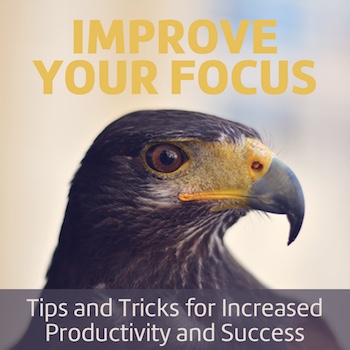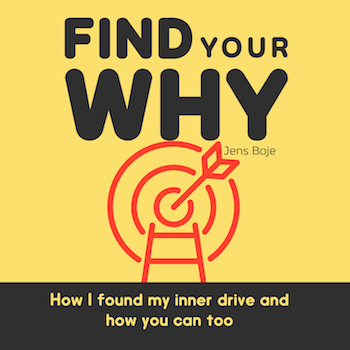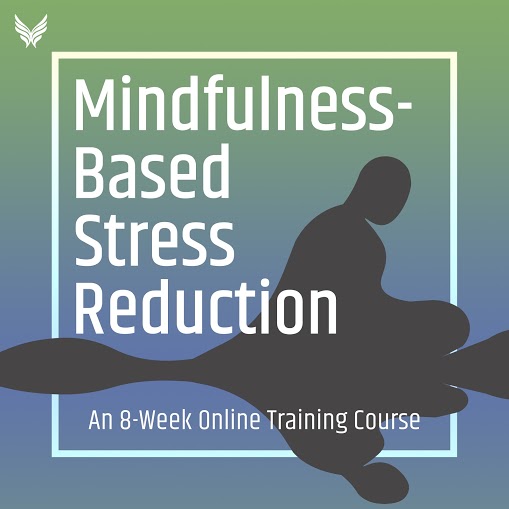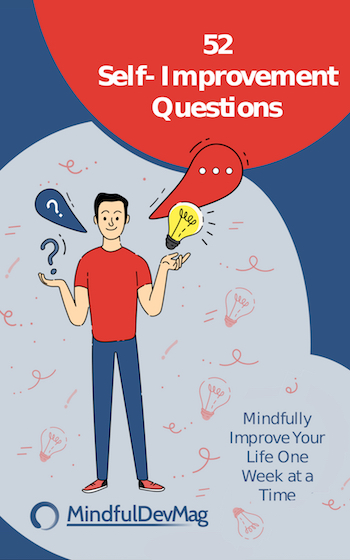The Power and Benefits of Mindfulness: A Scientific Perspective
Mindfulness has become a buzzword during the last couple of years. It seems like everybody is practicing mindfulness, from elite athletes to Google employees. But what does it actually mean?
A lot of people, especially scientifically minded ones, think that mindfulness is something esoteric and spiritual which is why they ignore it. But although it is rooted in Buddhism, that’s not really the case. What also doesn’t help is the many different definitions of mindfulness that definitely create a lot of confusion.
Put simply, mindfulness is being aware of what is happening in the present moment. You’re probably wondering how does that help you?
Well, there are many benefits of mindfulness, many of which are scientifically proven. So if you want to get a better understanding about what mindfulness is, how it can benefit you, what science has to say about it, and how to learn to be mindful, make sure to check out this article.
What is Mindfulness?
Mindfulness originated in Buddhism. However, it has nothing to do with religion and it’s definitely not esoteric. So for all atheists out there, mindfulness is completely secular, but it also doesn’t clash with any personal religious beliefs.
It is simply about being aware of everything around you, including your thoughts and feelings.
You have probably noticed that you’re not always aware of your thoughts and the present moment. Actually, we’re not aware of most thoughts and feelings we experience and we’re on autopilot most of the time. We’re more focused on the destination, rather than the journey. And that definitely has a negative impact on our lives.
You have probably heard about mindfulness meditation, which is one way of practicing mindfulness. But it’s worth mentioning that you can be more mindful without meditating.
It’s best to look at mindfulness as a skill that allows you to be more present and know what’s going on in your surroundings. It’s a way of training your brain to self-regulate attention. When you’re aware of your thoughts and feelings as they arise, especially the negative ones, you’re less likely to get caught up in them. This simple act of noticing what’s going on inside your head can make all the difference and stop you going on a downward spiral of negativity and pessimism.
The Science of Mindfulness
For many years, mindfulness was considered to be esoteric and reserved for tree-hugging hippies. I’m guilty of that myself. I was never religious or spiritual, and things like mindfulness always sounded too mystical.
But I was interested in self-improvement and was trying to find scientific ways to improve my life and become happier. After doing a lot of research and reading many books, I found out that mindfulness is not esoteric at all and that many scientists and psychologists that I love recommend it.
A couple of years ago, scientists became very interested in mindfulness and meditation and started to actually study it. That resulted in great studies that confirmed many positive benefits of mindfulness, which is something that really stood out to me. I finally found a great practice that is scientifically based and actually makes sense to my analytical and logical mind.
Because of these new studies, mindfulness became very mainstream and everybody started doing it – from executives, software developers, and engineers to athletes and celebrities.
Research Done on Mindfulness
Many studies show that mindfulness can increase your attention, improve memory and focus, and reduce stress. Research shows that by practicing mindfulness and focusing our attention, we create lasting changes in our brain function and structure, which is a property of neuroplasticity. Research done by Sara Lazar showed that people who have practiced mindfulness meditation for many years actually have a different brain structure.
When you practice mindfulness, grey matter in your amygdala (area in the brain that controls stress) becomes smaller. Grey matter in the prefrontal cortex (part of the brain responsible for controlling emotions) and hippocampus (which helps your memory) becomes bigger. There’s an interesting study that proves that mindfulness practice can improve your attention. What is really amazing is that the effects can last up to five years.
So thanks to modern technology, we can actually study mindfulness and see the effects it has on our brain. Although this is only the beginning of scientific mindfulness research, the results are pretty amazing and there’s definitely more to come.
The Benefits of Mindfulness
Here are the main benefits of mindfulness, most of which are scientifically proven.
- Improves Attention
- Improves Memory
- Reduces Stress
- Helps with Mental Health Issues like Depression, Anxiety, and PTSD
- Helps You Regulate Emotions Better
- Makes You Calmer
- Improves Cognition
- Reduces Insomnia
- Improves Social Intelligence
- Improves Emotional Resilience
- Increases Compassion
How to Practice Mindfulness?
Here are some practical ways to become more mindful in your day to day life.
Mindfulness Meditation
One of the most common ways of practicing mindfulness is to meditate. I bet you can find a lot of reasons and excuses not to meditate, I know I did, but is it genuinely helpful and that hard as it seems.
You simply need to sit down, close your eyes, and focus on your breath. You will definitely experience different thoughts that are trying to distract you, but simply notice them without judgment, and bring your focus back to your breath. That’s really all you need to do.
What helped me start my mindfulness meditation practice is using different apps like Waking Up by Sam Harris and 10% Happier: Meditation for Fidgety Sceptics by Dan Harris. Both are very scientifically based and perfect for beginners. (Or use our Mindful Moments Reminder for the Mac).
Practicing Mindfulness Without Meditation
Meditating is not the only way to be more mindful. You can simply try to move or eat more mindfully, being fully aware of all the sensations in your body. Notice all of your experiences, thoughts, and feelings. Also, take small pauses during your day, and take the time to simply breathe.
Conclusion
Whether you want to improve your cognitive abilities or simply be happier and more content, mindfulness can definitely help you reach that goal. It is scientifically proven to work and it is a great skill to learn.
As with everything, you simply need to make a decision to be more mindful and practice it regularly. You will soon notice a great improvement in your wellbeing.
[ak]







